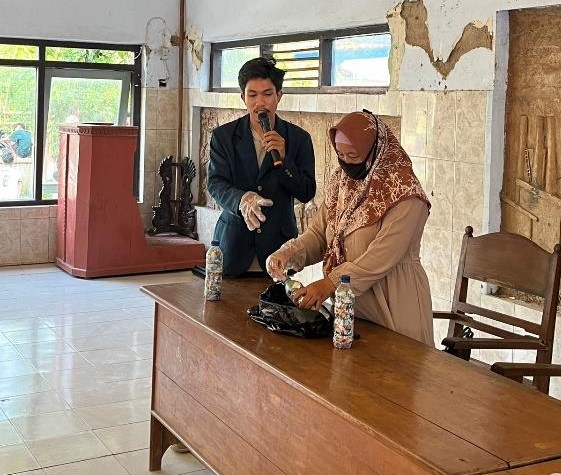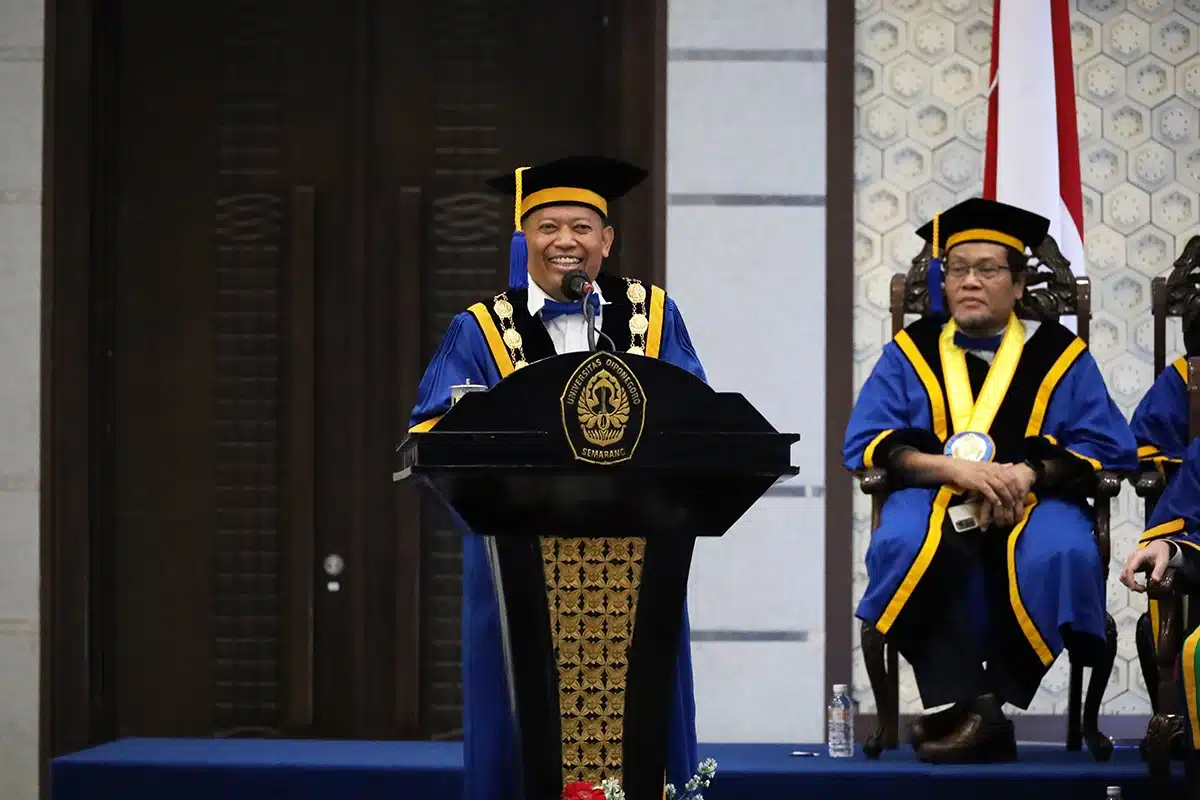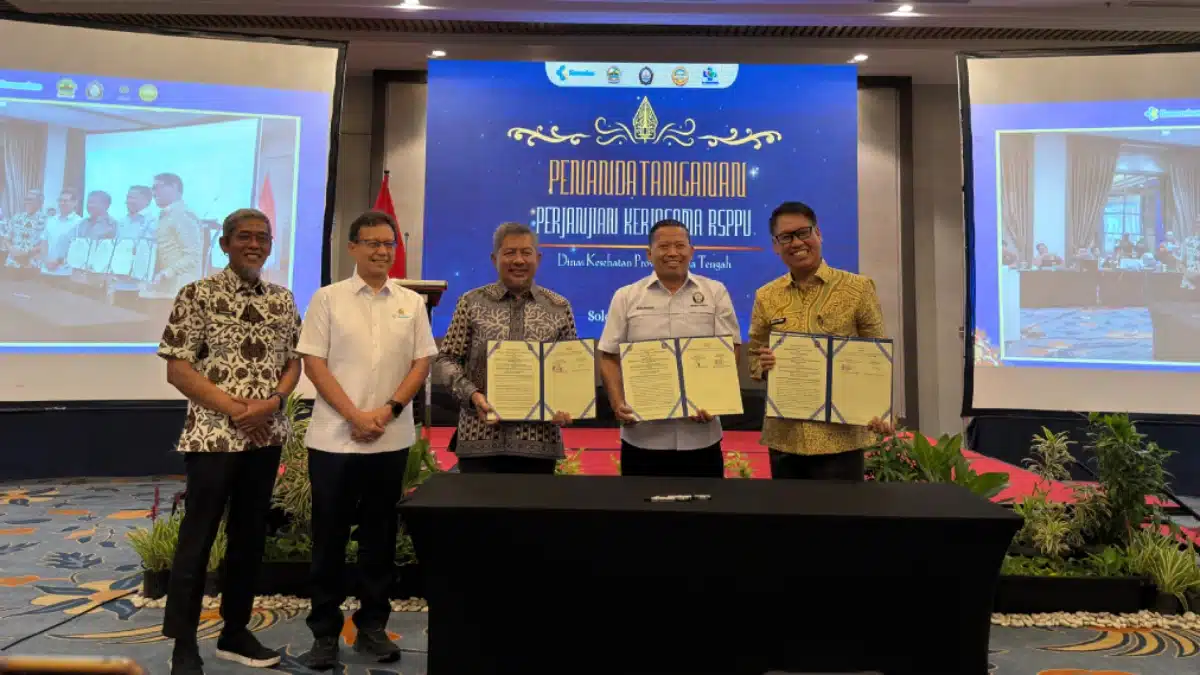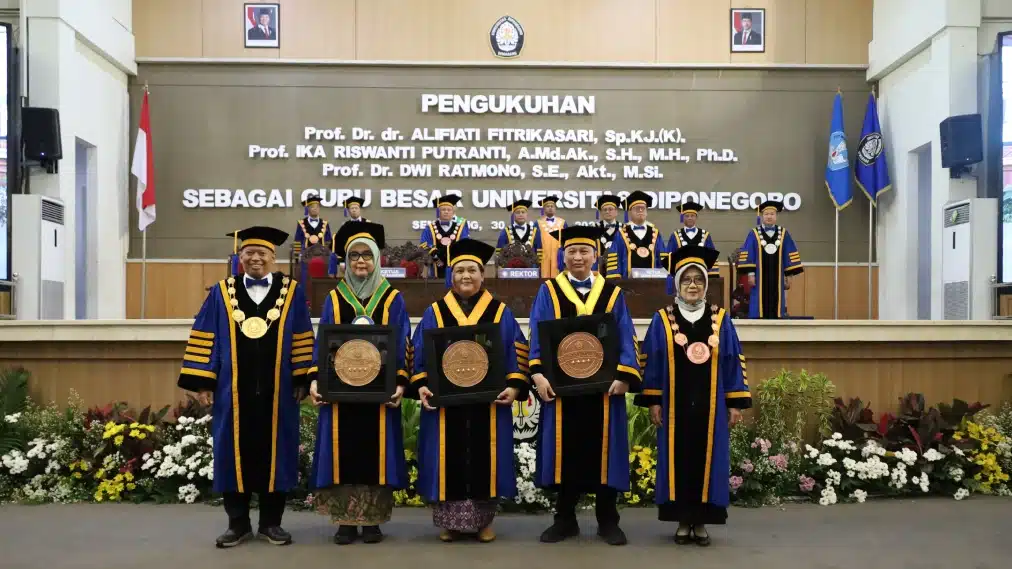Pemalang- Human life, with all its activities, cannot be separated from the name garbage. Since waste results from side effects of human activity, both in the form of home and industrial activities. Waste problems become complex with increasing population, rapid urbanization, and lifestyle changes. Single-use items, plastics, excessive packaging, and industrial waste are the primary sources of the growing waste pile.
Klareyan Village, Petarukan District, Pemalang, has approximately 14,000 people. The waste problem in Klareyan Village is complicated to control and can harm the village. Plastic waste is a type of waste that is produced by residents every day. The negative impact of this plastic waste covers many aspects of life, such as environmental pollution, ecosystem damage, climate change, etc.
 The first step to overcome the negative impact caused by plastic waste is to reduce the use of single-use plastics, recycle them, and develop environmentally friendly alternative solutions. All the things mentioned must be connected to the active role of the community, industry, and local government.
The first step to overcome the negative impact caused by plastic waste is to reduce the use of single-use plastics, recycle them, and develop environmentally friendly alternative solutions. All the things mentioned must be connected to the active role of the community, industry, and local government.
Ahmad Taqiyudin Zallum Qazvini, Undip Thematic Community Service (KKN) Team 2023 from the Environmental Engineering Study Program, Faculty of Engineering, provided ecobrick-making training to residents of Klareyan Village as a form of waste management that focuses on reducing plastic waste. Ecobrick is the result of processing plastic waste into an environmentally friendly brick. The plastic waste used to manufacture this ecobrick is plastic waste that is easy to find, such as used drink bottles and sachets of beverage wrappers. Ecobricks can be sold to e-commerce and, in large quantities, can be used as tables, chairs, and other uses.
Ecobrick-making training is expected to change the perception of the people of Klareyan Village, who initially thought that the waste generated must be immediately disposed of and destroyed, to believe that the waste produced can be processed and has functional and economic value.
Student Name: Ahmad Taqiyudin Zallum Qazvini / 21080120140143
Department/Study Program: Environmental Engineering – Faculty of Engineering
Field Supervisor: Ir. R T D Wisnu Broto, MT and Dr. Fahmi Arifan, ST, M.Eng









